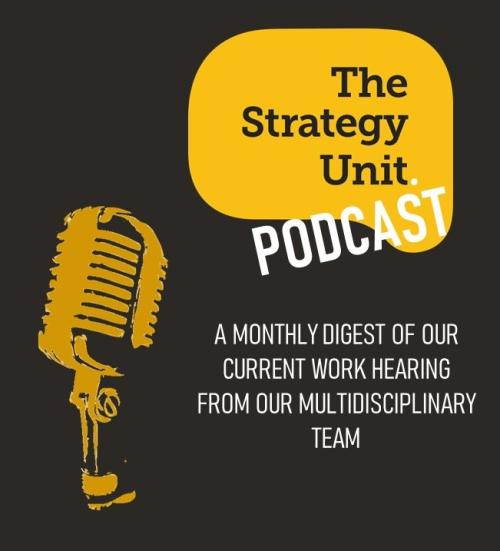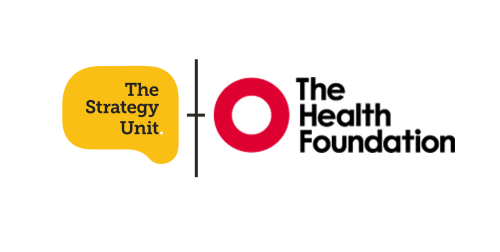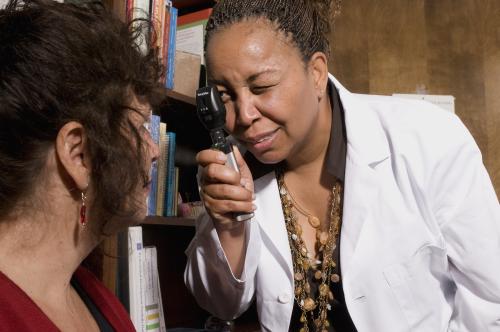
Strategy Unit Podcast
The SU Podcast is a monthly digest of our current work hearing from our multidisciplinary team.

A collaborative partnership with the Health Foundation
The Strategy Unit is collaborating with the Health Foundation to help address key health and social care issues by combining our expertise in data analysis.

How data makes things worse
All light brings shade. My list of ‘changes that have been all upside and no downside’ is short and debatable.

Leadership training and support for organisational development: an offer from the Strategy Unit
The Strategy Unit has long been known for the quality of its analytical work, and the clear, critical thi

Review of Ophthalmic Managed Clinical Networks (MCNs) in Staffordshire and Shropshire
The aim of the MCNs is to bring together primary care optometrists with local ophthalmologists within a geographical area. This is a review Strategy Unit were commissioned by NHS England to work with a medical retina MCN in Shropshire, Telford and Wrekin and a glaucoma MCN in Staffordshire and Stoke on Trent, to review their work so far and look at the opportunities the networks present.

Could a peer review methodology help drive continual learning within and across local systems?
In this blog Karen describes how peer review methodologies are being used to support learning in Long COVID services.

Decision Making Blog #8: Infinity-shaped debate
I’m argumentative.

Decision Making Blog #7: Should we 'go with the gut'? Yes, but...
I’m not sure there’s a superlative strong enough to describe ‘T

Decision Making Blog #6: The most powerful question in decision making?
I’m a fan of Shane Parrish and his organisation Farnam Street (strapline: ‘Helping you master the best of

Decision Making Blog #5: Reaching disagreement
Two starting points:

Decision Making Blog #4: Embrace uncertainty - it's a badge of honour
Imagine this:

Decision Making Blog #3: The black hole of the status quo
Learning is one of the joys of teaching. And I’ve learnt a lot while helping people develop their decision making skills.

Decision Making Blog #2: Two under-appreciated sources of leadership power
Some forms of leaders’ power are obvious. Leaders hire and they fire.

Decision Making Blog #1: Better decision making: a neglected route to improvement?
There are two main routes for health and care services to improve the health of the populations they serve. The

Analysts, we need to talk about…….
The future looks incredibly promising for ana

What are the ethical challenges in addressing inequities?
Produced by Angie Hobbs - the world’s first Professor in the Public Understanding of Philosophy – this paper examines the ethical questions raised by our report outlining strategies for reducing inequity.

What was the question again?
We hear a lot about what’s stopping the NHS making the most of its army of talented analysts. Some say we just need more data, or data of better quality. Others point to deficiencies in our infrastructure, IT kit or the software we use. But I’m not so sure. For me the biggest shortfall is in good questions that we can feasibly address.

Inequalities in access to healthcare - what’s our next move?
Our research, published in the Lancet Regional Health Europe, highlights substantial inequities in access to elective hip replacement surgery. We found no evidence that these inequities reduced between 2006 and 2016.

‘Might’ is right
A good idea can be ruined by over-selling.
